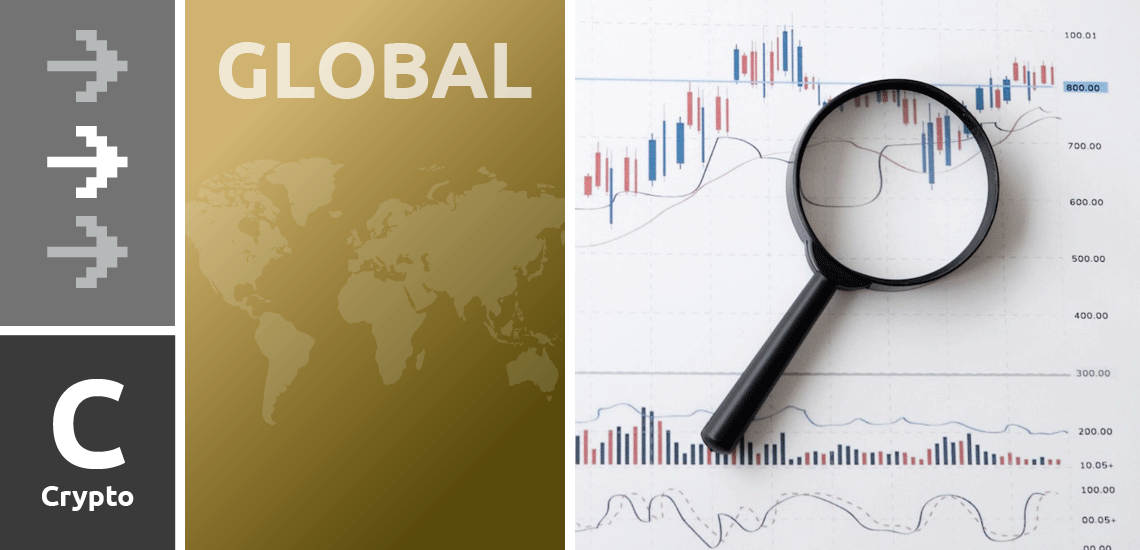
Tether (USDT) is the leading stablecoin by market cap, but it has been deviating from its peg in times of heightened volatility. Kaiko Data recently proposed a new measure termed “depeg severity” which correlates to the total trade volume of a stablecoin. As the trading volume escalates, the threshold for a depeg event decreases. USDT has had its share of depegging episodes over the year, but it was reportedly more consistent and showed less deviation from the U.S. dollar than other competitors like TUSD, BUSD, USDC, and DAI. On August 7, USDT was trading at a 2% lower rate than its standard $1 peg. This occurred shortly after news surfaced about a significant $500 million net sell-off of USDT on major crypto platforms such as Uniswap, Binance, and Huobi. With decreasing liquidity, significant USDT selling has become harder for the market to handle.Riyad Carey, an analyst at Kaiko, has stated that the redemption fee is a USDT-specific problem. Most stablecoin issuers, like USDC which doesn’t charge this fee, primarily profit from the interest on their USD reserves. When users opt for fiat withdrawals over $1,000 from Tether, they are charged a 0.1% fee, effectively valuing USDT at $0.99. Additionally, there’s a whopping $100,000 minimum for fiat withdrawals or deposits. On top of this, a non-refundable $150 is charged for “verification”. Carey suggests eliminating this fee as it further destabilizes USDT’s peg.
This News Article was automatically generated by Bob the Bot (AI)
This News Article was automatically generated by Bob the Bot (AI)
| Information | Details |
|---|---|
| Geography | Global |
| Countries | |
| Sentiment | neutral |
| Relevance Score | 8 |
| People | Riyad Carey, Huobi, Binance, Uniswap, Elon Musk, Kaiko Data |
| Companies | Huobi, Tether, OpenSea, Binance, Uniswap |
| Currencies | Tether, US Dollar, British Pound, Ethereum, Bitcoin |
| Securities | None |

